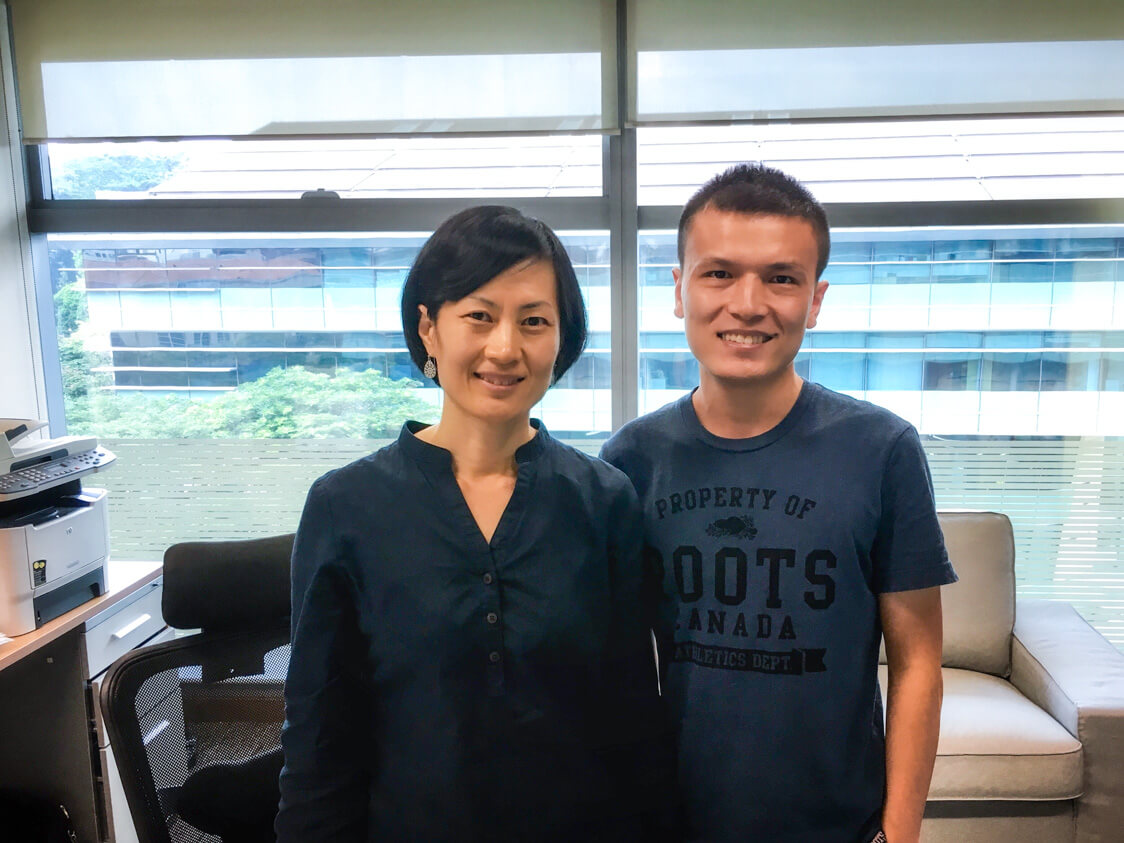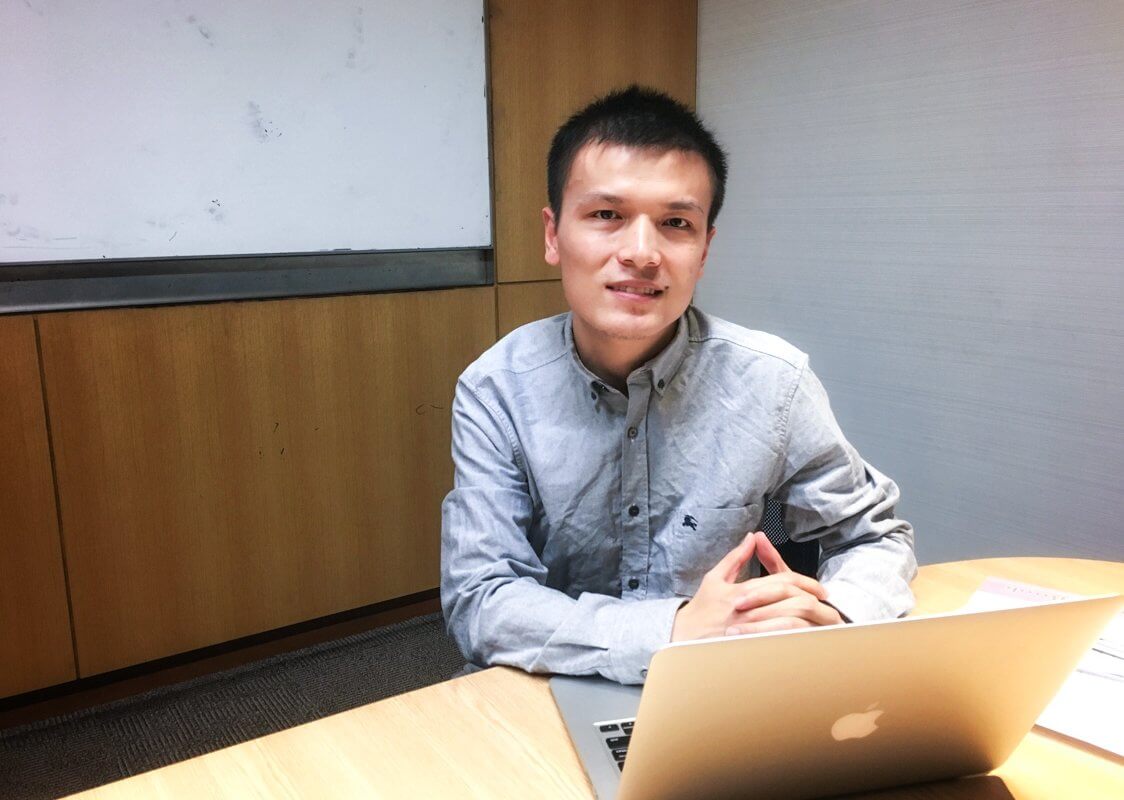By the SMU Postgraduate Research Programmes Team
Research papers serve as a platform for researchers and scholars to present their thoughts and ideas to the relevant international research communities. This exchange of ideas is necessary and beneficial for further research, and, ultimately, advances the understanding of the world we live in.
However, writing impactful papers and getting them selected for publications is not an easy feat. This is especially so for PhD students who are just starting their research journeys.
We caught up with Tony Li, a third-year SMU PhD in Business (Strategic Management & Organisation) student, to get some insights on his experience in writing research papers. Tony has had papers published in high impact journals like Journal of Business Ethics, which is among the Financial Times Top 50 Business Journals. He has also been awarded the Academy of Management Best Paper Proceedings for his publication titled, Word Power: The Impact of Negative Media Coverage on Disciplining Corporate Pollution.
Q: You co-wrote a paper with Professor Heli Wang in your first year at SMU titled, Corporate Social Responsibility: An Overview and New Research Directions Thematic Issue on Corporate Social Responsibility, which was published in the Academy of Management Journal. Could you share your experience working on this paper with Professor Wang? What did you learn from the experience that has helped you in writing your subsequent papers?

Tony Li with Professor Heli Wang (on the left)
Tony: Professor Heli Wang is a distinguished scholar in the Corporate Social Responsibility (CSR) field. When she asked if I was interested in doing some research work with her during my first year of the PhD programme, I didn’t hesitate as I felt that it was a great opportunity to be able to learn from a professor of her calibre. I truly appreciate being given the chance to be involved in writing this review paper.
This paper captures how CSR has developed over the decades and has paved the way for newer and more advanced research directions. Since then, the CSR field has progressed exponentially. Hence, it was necessary to update the knowledge and the progress of the CSR field, and this was the aim of the review paper.
We spent about one year completing the data collection, analysis and draft writing. Throughout this time, Professor Wang was very supportive. When I encountered problems or issues, she was a source of inspiration, as well as provided me with constructive criticism. I learnt how to define research questions, clarify the theoretical contribution, and understand how a paper is developed.
Here’s what I picked up from this experience:
- To have a holistic view of the field or topic – A good understanding of the context and content of previous studies would make it easier to spot research gaps and identify contributions that can be made. While co-writing this paper, I found that making short reviews of previous key papers helped me to have an overview of how the field has evolved over time.
- To undertake regular brainstorming sessions and discussions – Feedback and comments, especially from professors, help to improve the quality of data gathered, as well as ensure that thoughts and ideas are organised clearly and concisely. Additionally, not only was there a lot to be learnt during these sessions, it also helped in forming a research direction that increased the efficiency of writing the paper.
The experience of writing above paper had given me a good and comprehensive understanding of research on CSR. I further developed several new research projects around social responsibility, including stakeholder integration and social enterprise. I was fortunate that one of my papers has been given the opportunity for Revision and Resubmission (RR) in the Academy of Management Journal. At this stage, after analysing three reviewers’ comments, I believe my paper will be further improved, and will finally get a good home for publication.
Q: Could you tell us more about your writing process? Would you have any tips that you can give to others based on your experience?
Tony: I usually begin by reading and examining a variety of previous papers to seek those that are relevant to my research topic and question it before writing the initial draft. Specifically, I look at the structure of each paper and then create my own outline.
Thereafter, I do an indepth/fine-grained analysis and coding. I regularly have discussions and consultations with my supervisor, various SMU faculty members and my peers, to ensure that I am on the right track. I spend the most time on data analysis and writing the first draft. After several rounds of revisions, I would then compose the final draft.
Here are two tips that I’d recommend when writing a paper:
- Personally, I think it is important to discuss with several scholars before starting a project and writing a draft. If there is an opportunity to present your research idea at a brown-bag or first-cut seminar, this would also be good as it provides one with a platform to discuss, share and receive feedback of the research idea you wish to work on.
- A paper is usually the outcome of the combination of resources among several researchers. While some researchers may specialise in data techniques, others are good at identifying theoretical contributions. With different strengths and set of skills, each author could contribute significantly to the quality of the research that is being presented in the paper. Hence, it is always good to understand the background and perspective of your co-authors.
Q: You have written papers that have been published in renowned publications. Could you share some of the challenges you faced, and are there practices that you have inculcated to overcome these challenges?
Tony: Review processes can be tough and time-consuming. A challenge that I faced was when one of the reviewers commented on sample expansion. To expand a sample, the data needed to be recollected and re-analysed which was very time-consuming. We spent another half a year to ensure and convince the reviewer that our results were robust.
Another challenge that I can share was when I was writing my second paper. The critical step is to code papers into dozens of indicators. Due to my inexperience, a lot of time was wasted in the repetition of indicator categorisation.
From these challenges, I learnt that there is a need for thorough preparation, and indepth thought process, before carrying out implementation. It would be good to narrow the focus of your paper so that there is more flexibility to make adjustments in the future, if needed.
Q: Lastly, how important is it for researchers to get their papers published?
Tony: Publications are indications of the researchers’ research identity and serve as a signal of their research interests and specialisations. Publications have the potential to connect researchers from different ends of the world to collaborate in finding a solution for complex issues.
Tony, who is an SMU Presidential Doctoral Fellowship recipient, is currently on the last leg of his PhD journey – he says that he will continue to do his utmost to produce high-quality research papers and share his work with other researchers through publishing in good journals. Like his professors, Tony also aspires to excel in his research field and plans to be a faculty member so that he can impart the skills that he has received to others.










3 thoughts on “Writing Research Papers: An SMU PhD Student’s Experience”
Personally, I think it is important to discuss with several scholars before starting a project and writing a draft.
Personally, I think it is important to discuss with several scholars before starting a project and writing a draft.
Hello, you’re certainly correct. I always go through your posts closely. Have a nice day!